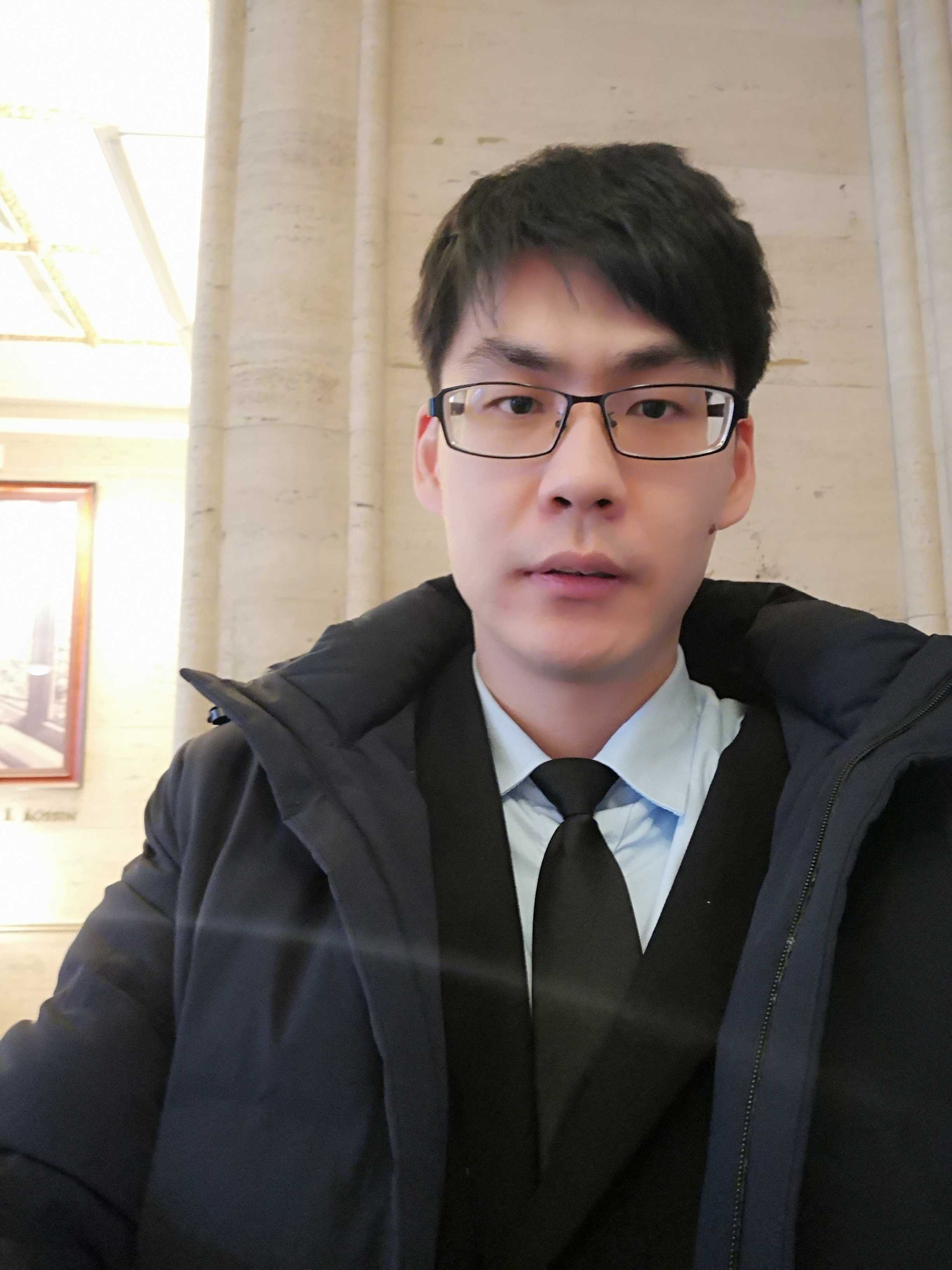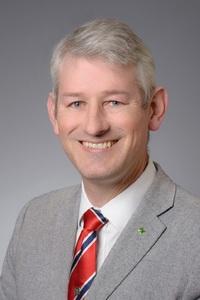The goals of Automated Driving Systems (ADS) and Advanced Driver Assistance Systems (ADAS) include reduction in accidental deaths, enhanced mobility for differently abled people, and an overall improvement in the quality of life for the general public. Such systems typically operate in open and highly uncertain environments for which robust perception systems are essential.
Shared electric micromobility (SEM) services such as shared electric bikes and scooters, as an emerging example of mobile cyber-physical systems, have been increasingly popular in recent years for short-distance trips such as from bus stops to home, enabling convenient mobility through multi-modal transportation and less environmental impact by reducing emission by traffic congestion. However, the success of the service depends on the effective and efficient management of thousands of electric vehicles (e.g., bikes or scooters).
The use of artificial intelligence in cyber-physical systems is limited by challenges such as data availability, task environment complexity, and the need for expressive and interpretable high-level knowledge representations. To address these challenges, this project aims to develop a set of neuro-symbolic learning and control tools by integrating machine learning, control theory, and formal methods. The results are expected to find application across cyber-physical systems such as robotic systems, autonomous systems, and networked cyber-physical systems.
This NSF Cyber-Physical Systems (CPS) grant will advance the state-of-the-art of Connected and Automated Vehicle (CAV) systems by innovating in the three key areas of networking, sensing, and computation, as well as the synergy among them. This work leverages several emerging technology trends that are expected to transform the ground transportation system: much higher-speed wireless connectivity, improved on-vehicle and infrastructure based sensing capabilities, and advances in machine learning algorithms.
To accommodate rapidly growing food demands and increase the quality and quantity of agricultural production, it is necessary to improve farming management practices and technological developments in agricultural fields. This project will synergize expertise in Control, Robotics, Remote Sensing, and Agricultural Engineering to develop new approaches for automated monitoring of smart agricultural systems as an important class of cyber-physical systems (CPSs).
This project explores a new vision of cyber-physical systems (CPSs) in which computing power and control methods are jointly considered. The approach is carried out through exploration of new theories for the modeling, analysis, and design of CPSs that operate under computational constraints. The tight coupling between computation, communication, and control pervades the design and application of CPSs.
The objective of this work is to generate new fundamental science for computer controlled complex physical systems, a broad class of cyber-physical systems (CPS) and demonstrate this science in aerial vehicles and walking robots. The new science enables autonomous planning and control in the presence of failures and abrupt changes in system variables. A framework for the design of algorithms that exploit awareness of the physical and design constraints to autonomously self-adapt their motion plan and control actions will be generated.
The objective of this work is to generate new fundamental science for computer controlled complex physical systems, a broad class of cyber-physical systems (CPS) and demonstrate this science in aerial vehicles and walking robots. The new science enables autonomous planning and control in the presence of failures and abrupt changes in system variables. A framework for the design of algorithms that exploit awareness of the physical and design constraints to autonomously self-adapt their motion plan and control actions will be generated.







